What is Cancer?
Cancer is the broad term given to over 100 different diseases. Cancer is characterized by the development of abnormal cells, known as cancer cells. In most cancers, these cells form a tumor. A tumor is an abnormal growth that can either be malignant or benign. Malignant tumors are cancerous and continue to grow and invade other, healthy parts of the body.
What are the symptoms of Cancer?
Cancer affects various parts of the body, as a result, each type of cancer has its own unique set of symptoms. General symptoms include:
- Fatigue
- Unintended weight changes, including loss or gain
- Unusual lump found anywhere on the body
- Noticeable changes in a mole or wart
- Changes in skin color, such as yellowing, darkening or redness
- Changes to bowel movements or urination
- Difficulty swallowing
What causes Cancer?
Cancer is caused when the DNA within a cell mutates. When the DNA mutates, the cell no longer understands how to properly grow and divide, leading to the uncontrollable growth and division of cells that cancer is known for. There are a handful of factors that contribute to the development of cancer, including:
- Biological or internal factors- These factors include things such as age, sex, inherited genetic defects and skin type
- Health conditions- Chronic health conditions, bacteria and viruses may cause cancer
- Environmental exposure- Radon, UV radiation and fine particulate matter exposure may cause cancer
- Occupational Risk factors- Coming into contact with chemicals, radioactive materials and asbestos has the potential to cause cancer
- Lifestyle- Related Factors- Tobacco and alcohol, diet and sun exposure may lead to cancer
It is important to understand that there is no single cause for cancer and that not everyone will develop cancer from the same causes. Contact your physician for more information specific to your own likelihood to develop Cancer during your lifetime.
How is Cancer treated?
There are a variety of ways that cancer is treated. The medical team will determine which treatment process will be the best, depending on the type and stage of the cancer.
- Surgery- The objective of cancer-related surgery is to remove as much of the disease from the body as possible.
- Chemotherapy- Chemotherapy is a widely used treatment for cancer. Chemotherapy most commonly involves the use of intravenous drugs to destroy or kill cancer cells.
- Radiation Therapy- Radiation therapy kills cancer cells through the use high-energy beams from a machine placed inside or outside of the body.
- Immunotherapy- Immunotherapy helps the immune system see the cancer within body. Some immunotherapies mark cancer cells, making it easier for the immune system to differentiate the cancerous cells from healthy cells. In a sense, immunotherapies train your own body to fight cancer.
- Stem Cell Transplant - Stem cells are most often used for cancers that impact the blood or immune systems. A stem cell transplant replaces bone marrow that has been destroyed by cancer or the cancer treatments.
- Targeted Therapy - Targeted therapies block and prevent the overall progression of the cancer cells. This is done by interfering with the molecular targets that are involved in the growth and spreading of the cancer.
- Hormone Therapy – Hormone therapy prevents hormones from being made by the body, to prevent the growth of certain cancer cells, such as those found in breast and prostate cancer.
How does Noble help me manage my Cancer?
At Noble Health Services, we offer a variety of medications to help you treat your symptoms. We help you manage your condition through our Signature Care Program, which includes medication delivery, 24/7/365 on-call support, benefits and co-pay assistance and more. For more information on what cancer medications we offer, please view our oncology enrollment forms: Oral/Topical and Injectable.
For more information about Cancer, contact the following resources:
- American Cancer Society
Phone: 1-800-227-2345
cancer.org - National Cancer Institute
Phone: 1-800-422-6237
cancer.gov - National Comprehensive Cancer Network
Phone: 1-215-690-0300
nccn.org/patients
Interested in what Noble Health Services can offer you?
Learn More!


